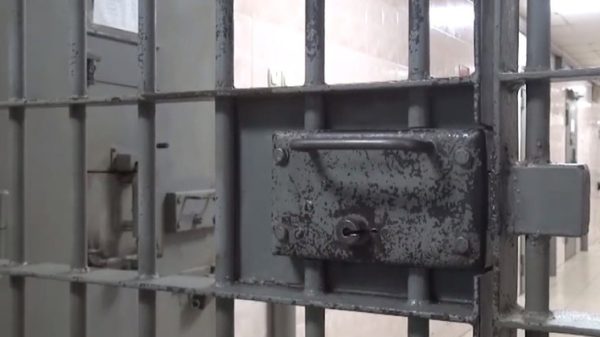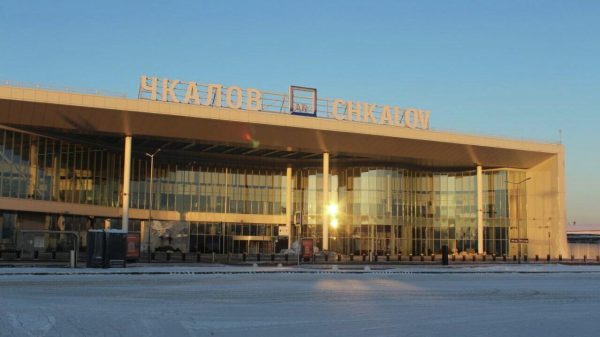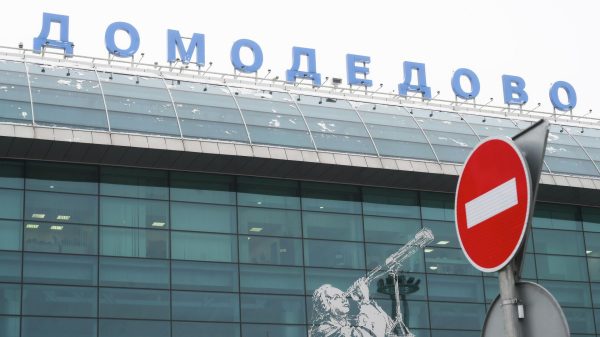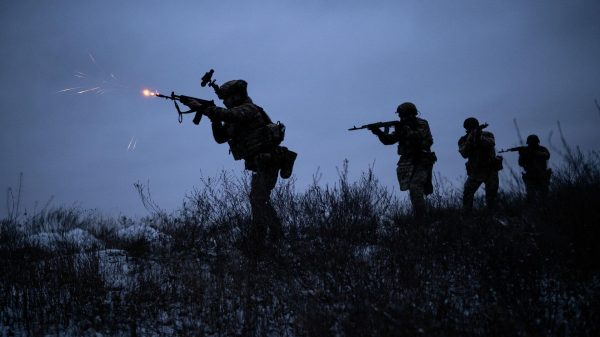Matt Hancock has sounded a note of caution over the prospect of a Covid-19 vaccine, stressing that “we’re not there yet” – but revealed he has asked the NHS to be ready for rollout as soon as next month.
The UK health secretary indicated he anticipated a “mass rollout” would happen in the first part of next year if the vaccine was given the green light, although he said he had requested the NHS, supported by the armed forces, to be ready from the start of December.
Priority for the vaccine will go to people in care homes, elderly people and social care staff. It will be delivered through care homes, GPs and pharmacists, as well as “go-to” centres set up in venues such as sports halls.
“We will be working across the NHS with the support of the armed forces seven days a week, over weekends, over bank holidays, to get this rolled out into people’s arms as quickly as possible,” Hancock told BBC Breakfast on Tuesday.
The vaccine would not be required for children and uptake would be voluntary, Hancock said.
Quick guide Who in the UK will get the new Covid-19 vaccine first?
Show
Hide
The UK government’s joint committee on vaccination and immunisation has published a list of groups of people who will be prioritised to receive a vaccine for Covid-19. The list is:
1. All those 80 years of age and over and health and social care workers.
2. All those 75 years of age and over.
3. All those 70 years of age and over.
4. All those 65 years of age and over.
5. Adults under 65 years of age at high at risk of serious disease and mortality from Covid-19.
6. Adults under 65 years of age at moderate risk of at risk of serious disease and mortality from Covid-19.
7. All those 60 years of age and over.
8. All those 55 years of age and over.
9. All those 50 years of age and over.
10. Rest of the population
Was this helpful?
Thank you for your feedback.
There was widespread optimism after it emerged that an interim analysis indicated that Pfizer/BioNTech’s vaccine was 90% effective in protecting people from transmission of the virus in global trials. But Hancock said it would not be administered to the population unless it was proven to be clinically safe.
“I think that this is a promising step forward but there’s many steps that still need to be taken. Perhaps the most important to stress is that we’ve seen the effectiveness data but we will not license a vaccine unless it is clinically safe and we haven’t seen the final safety data,” Hancock said later on BBC Radio 4’s Today programme.
“So that is the biggest hurdle still to come and if that fails then … it doesn’t matter how effective this vaccine is, we won’t deploy it. And then, of course, there’s the enormous challenge of the rollout.”
The UK government had bought 40m doses of the vaccine, he said, adding: “It takes two doses 21 days apart, it has to be stored until the last few hours before deployment at -70C, and this is going to be a colossal effort to roll this out, which the NHS is leading.
“We’ve been working on it for months in anticipation of this going right. We haven’t got a vaccine yet, we’re not there yet. But we are one important step closer and we’re ready, we’ll be ready to deploy it.”
Pressed on how long the process to establish the safety of the vaccine would be, Hancock said: “We’re talking most likely weeks, however it happens at the speed of the science.”
If cleared, Hancock confirmed it was a possibility that some of the vaccine could be ready for use by Christmas. “My central expectation is that the mass rollout of this vaccine will, if it comes good, be in the first part of next year,” he said.
Separately, Hancock told Sky News on Tuesday: “I’ve asked the NHS, who are supported by the armed services in this – but the NHS very much leading this effort for deploying the vaccine – I’ve asked them to be ready from the start of December.”






















































Свежие комментарии